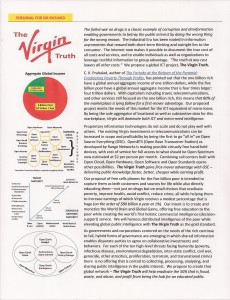
Post-US world born in Phnom Penh
By Spengler
Asia Times, Nov 27, 2012
It is symptomatic of the national condition of the United States that the worst humiliation ever suffered by it as a nation, and by a US president personally, passed almost without comment last week. I refer to the November 20 announcement at a summit meeting in Phnom Penh that 15 Asian nations, comprising half the world's population, would form a Regional Comprehensive Economic Partnership excluding the United States.
President Barack Obama attended the summit to sell a US-based Trans-Pacific Partnership excluding China. He didn't. The American led-partnership became a party to which no-one came.
Instead, the Association of Southeast Asian Nations, plus China, India, Japan, South Korea, Australia and New Zealand, will form a club and leave out the United States. As 3 billion Asians become prosperous, interest fades in the prospective contribution of 300 million Americans – especially when those Americans decline to take risks on new technologies. America's great economic strength, namely its capacity to innovate, exists mainly in memory four years after the 2008 economic crisis.
Continue reading “Gold Transformer: Post-US world born in Phnom Penh — But See Also CELAC Etcetera”





